Dr. James W. Silver
Shocked by the riot at Ole Miss in 1962, which he witnessed, and offended by the state’s attempt to blame federal marshals, history professor James W. Silver set the record straight in Mississippi: A Closed Society. Silver condemned Citizens’ Council tactics and White supremacy. He compared the state to a totalitarian regime, where White supremacists defined the agenda and crushed opposing voices. For this efforts, Silver became, "the most hated White man in Mississippi." The Citizens’ Council campaigned to have him fired. Silver remained until 1965, when he took leave to teach at the University of Notre Dame. He never returned.


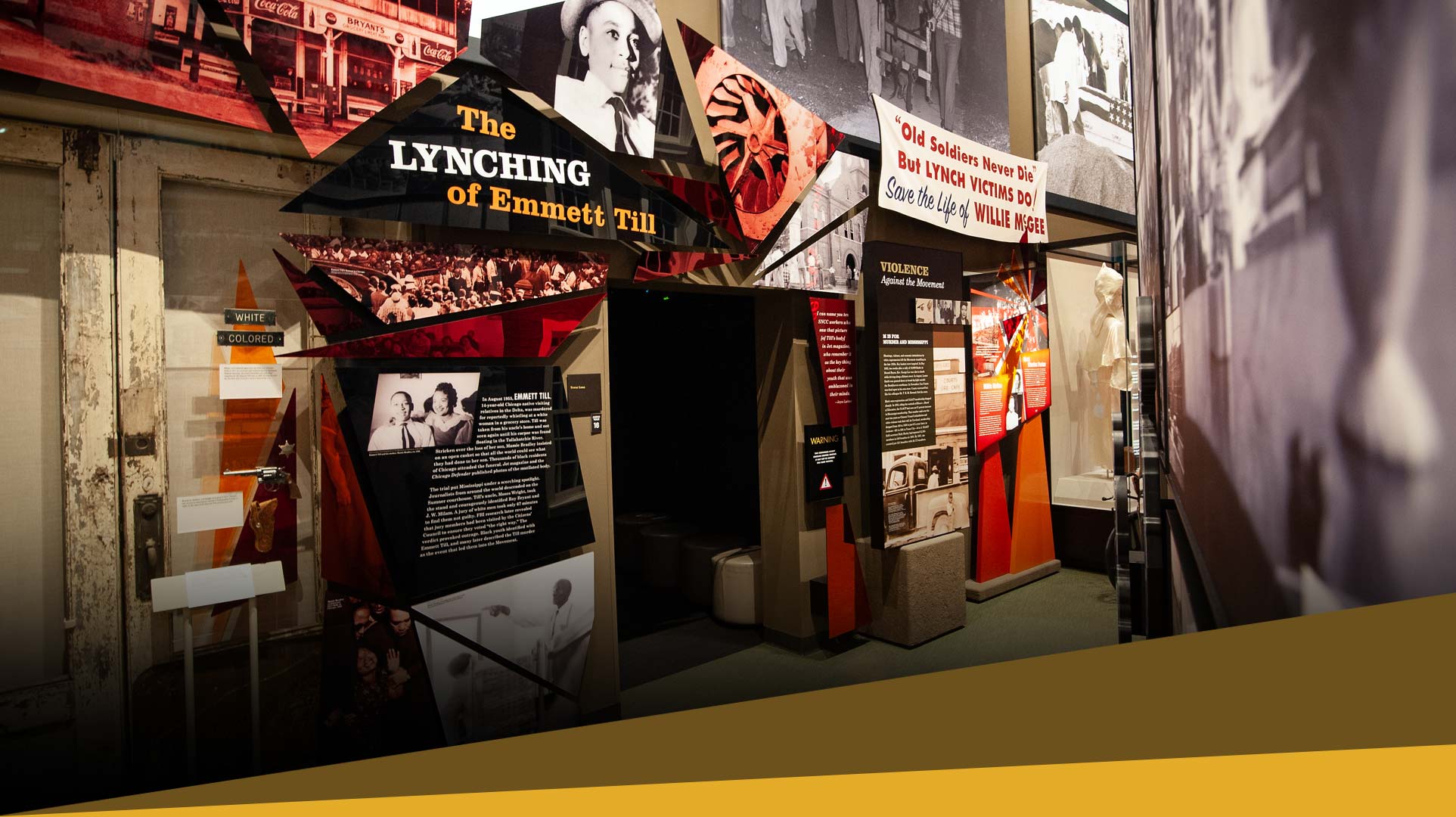
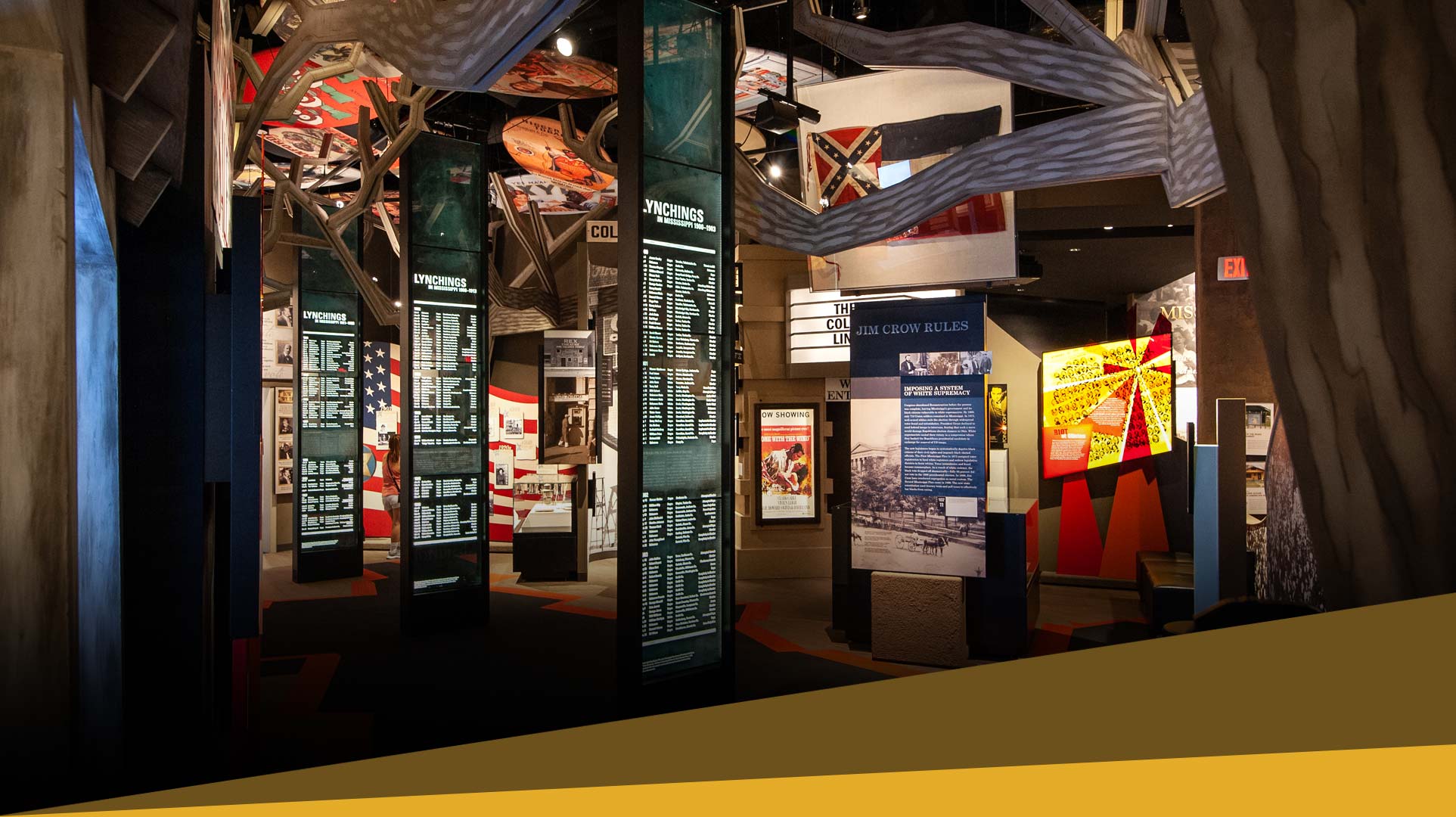
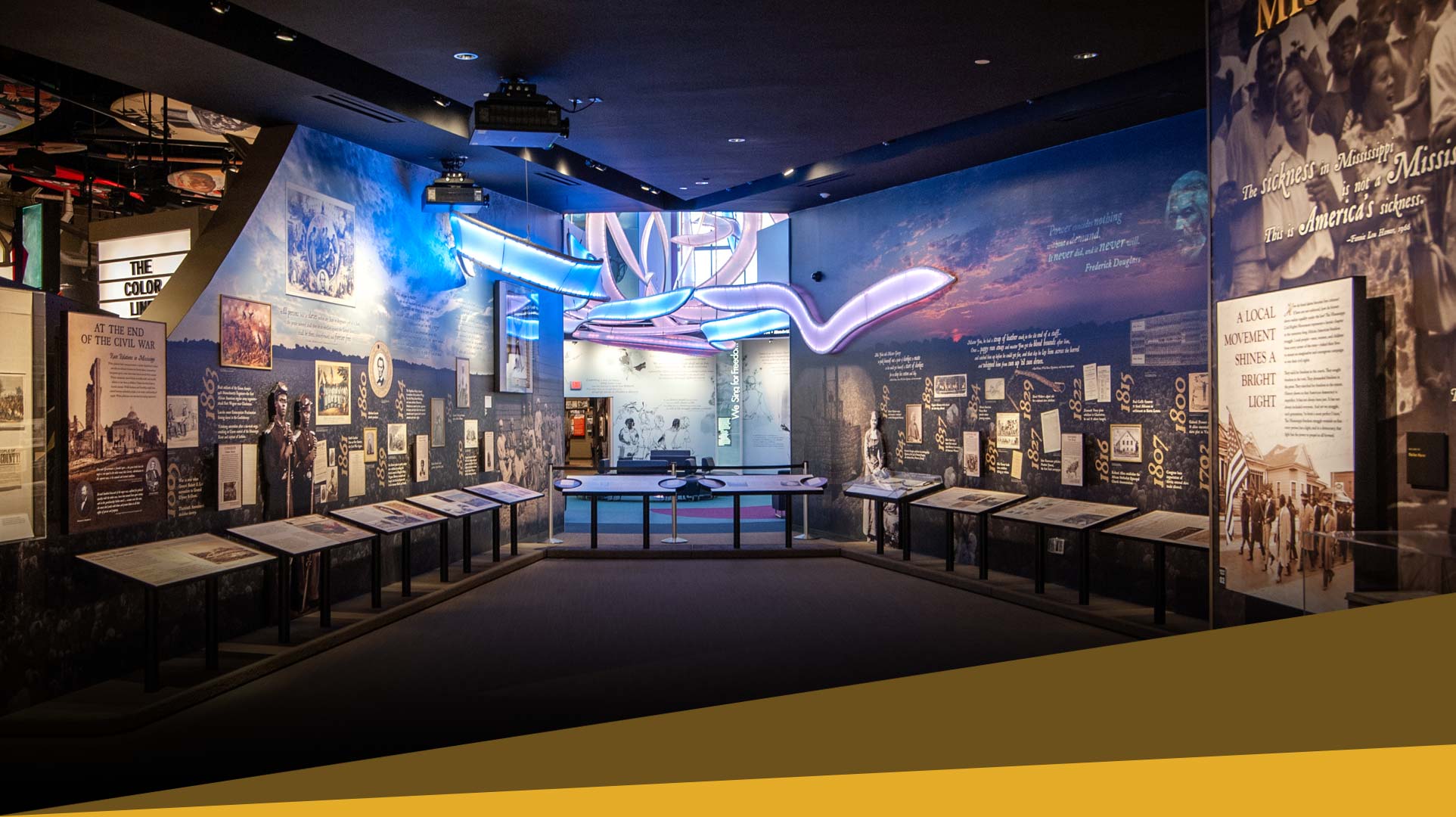
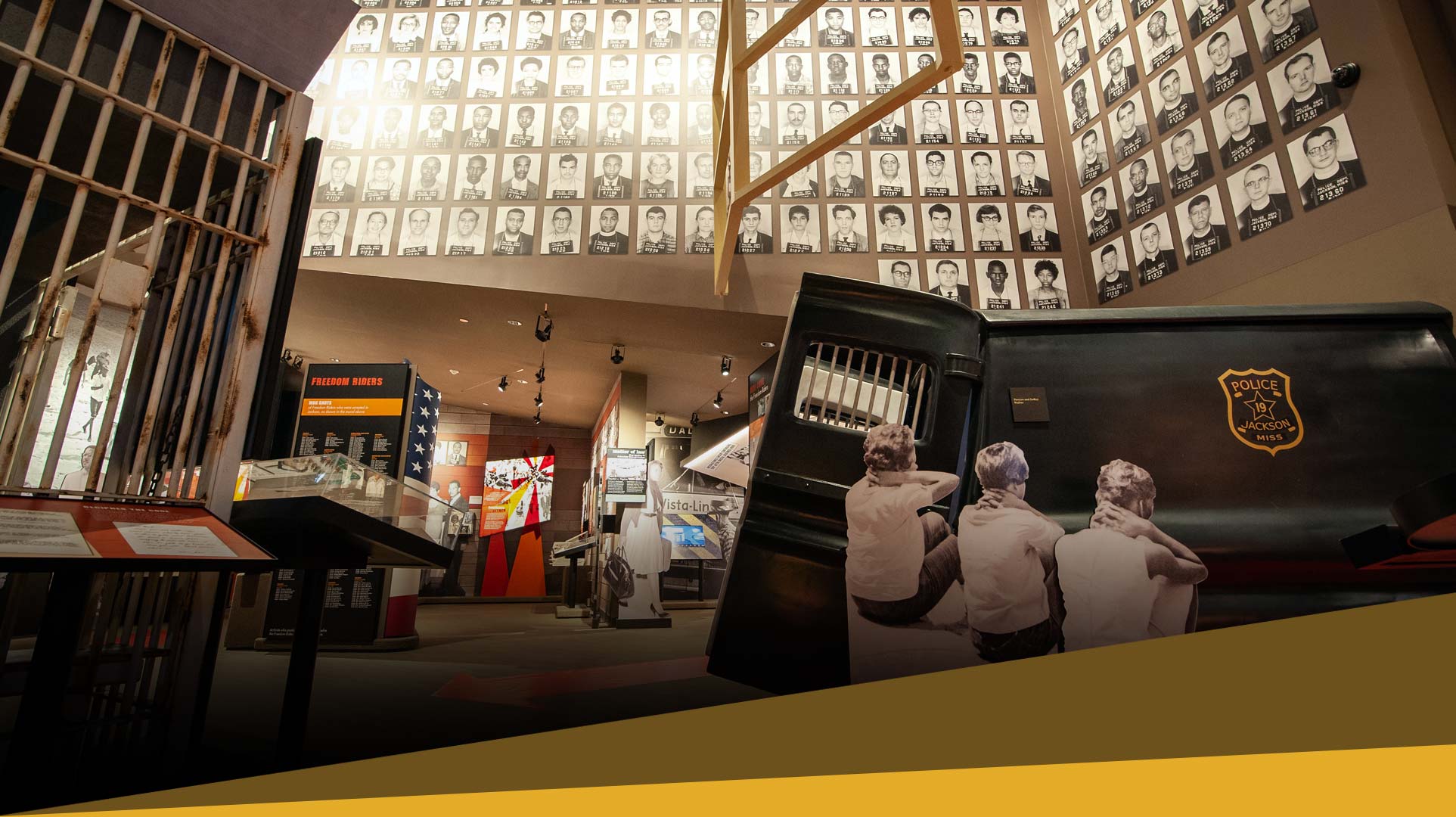
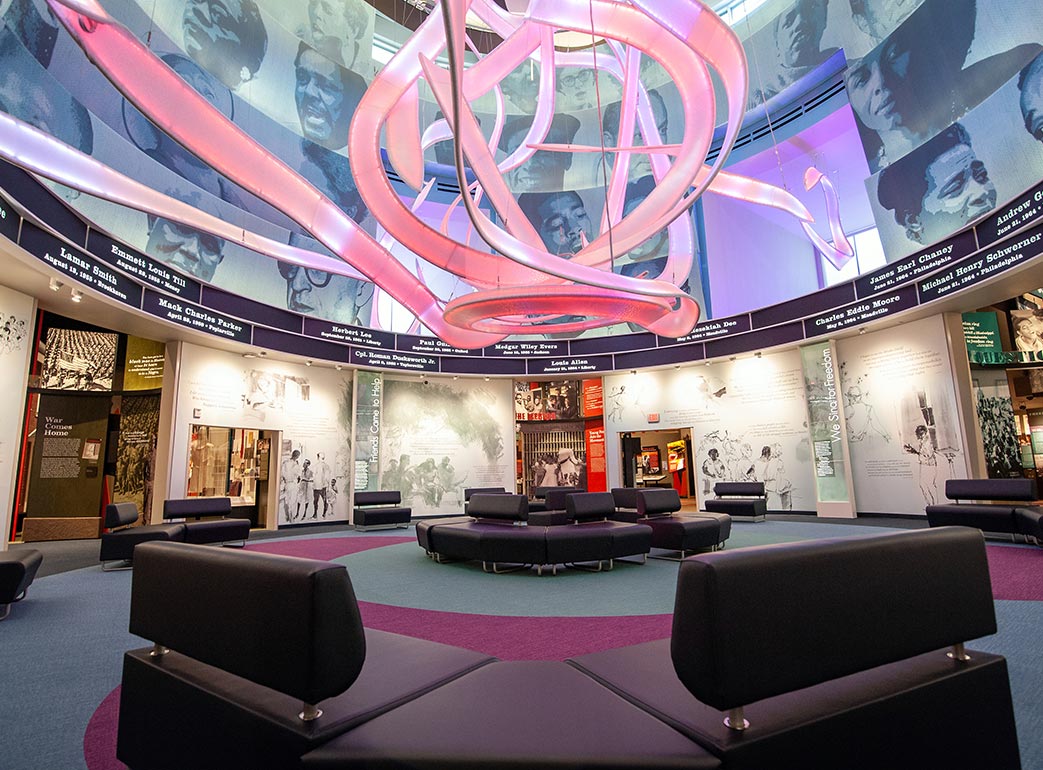
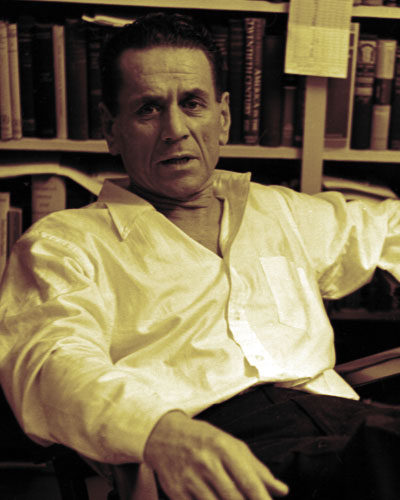
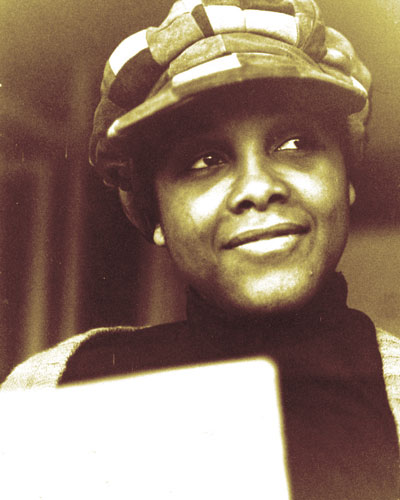
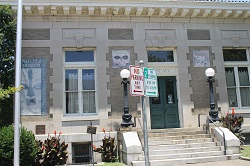 Artwork, literature, and artifacts relating to the lives of African Americans in Natchez
Artwork, literature, and artifacts relating to the lives of African Americans in Natchez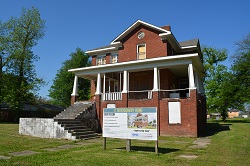 Mound Bayou was founded by former slaves led by Isaiah Montgomery in 1887 as an independent African American community.
Mound Bayou was founded by former slaves led by Isaiah Montgomery in 1887 as an independent African American community.












